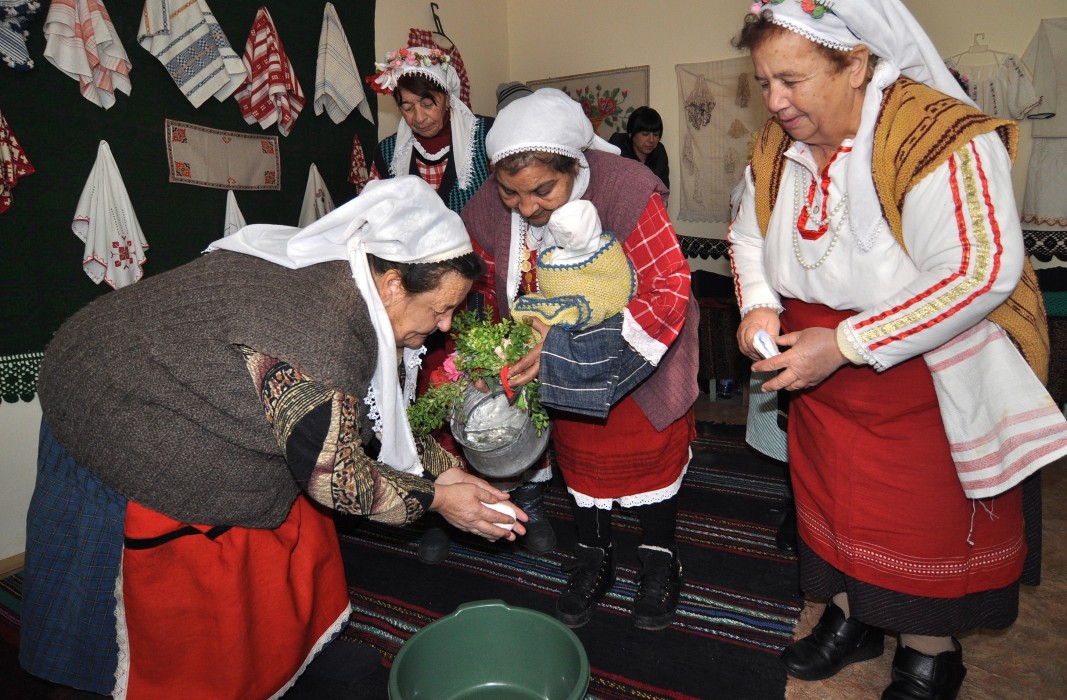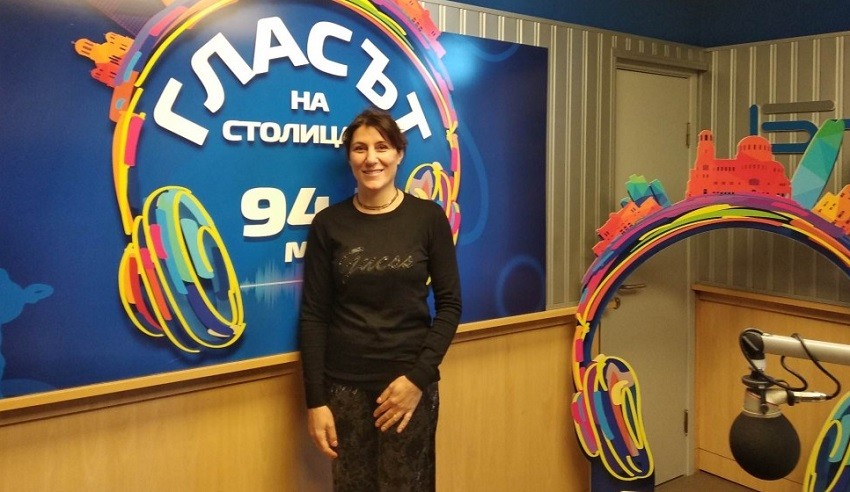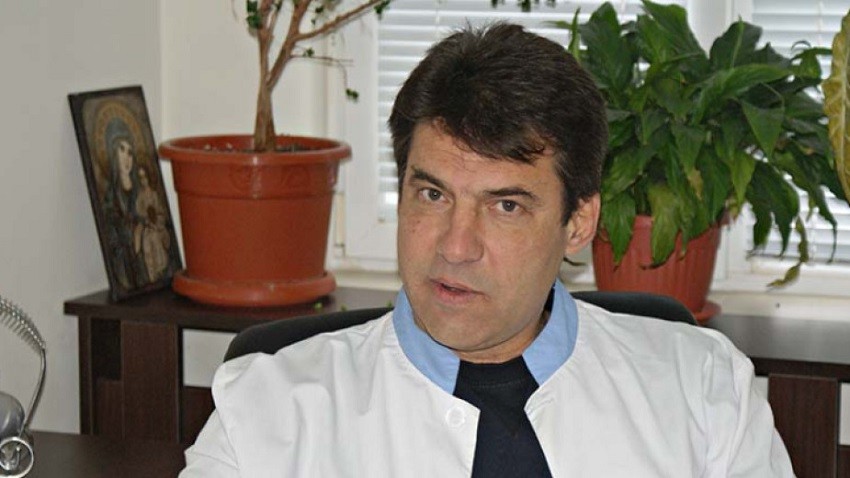


74 % of Romanians have a positive opinion about the introduction of voluntary military service Nearly three-quarters of Romanians (74.2%) have a positive opinion about the introduction of voluntary military service, according to a survey..
We sometimes measure their stay on this earth in days, but with an ethereal flight they transform a moment into a beautiful memory. The Regional Natural History Museum of Plovdiv dedicates its Butterfly Festival to these fleeting..
From September 19, for a month, the sky over the popular Belogradchik Rocks in northwestern Bulgaria will be filled with colorful balloons and magic. The fifth edition of the “Balloon Fiesta” promises five weekends, three types of flights, as well as..
On the holiday of the Bulgarian capital city on September 17, when the Orthodox Church commemorates the holy martyrs Faith, Hope, Love..
The Bulgarian school “Dora Gabe” in Warsaw and its branch in Krakow will open the new school year on September 20 , BTA reports. The branch in..
From September 19, for a month, the sky over the popular Belogradchik Rocks in northwestern Bulgaria will be filled with colorful balloons and magic...

+359 2 9336 661
